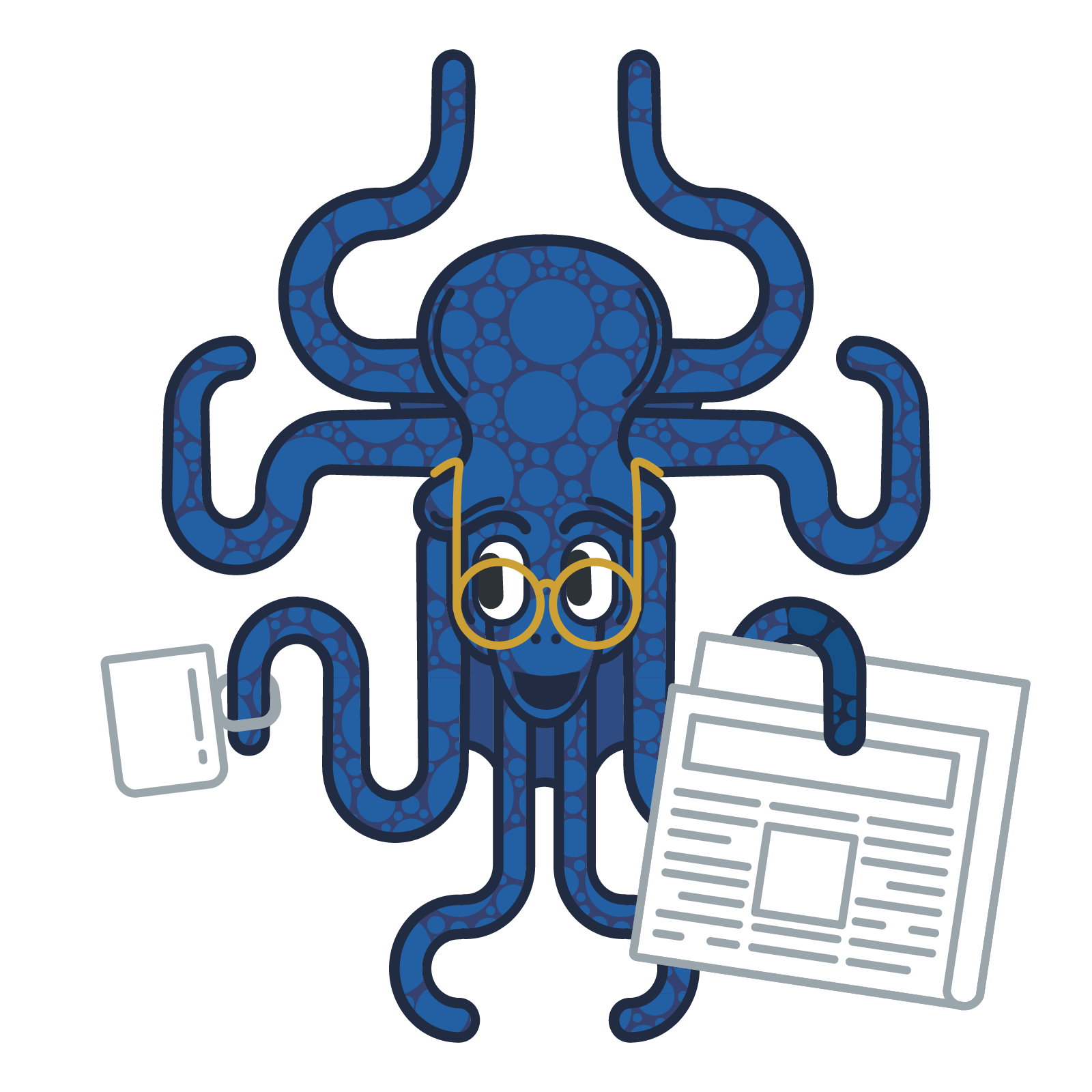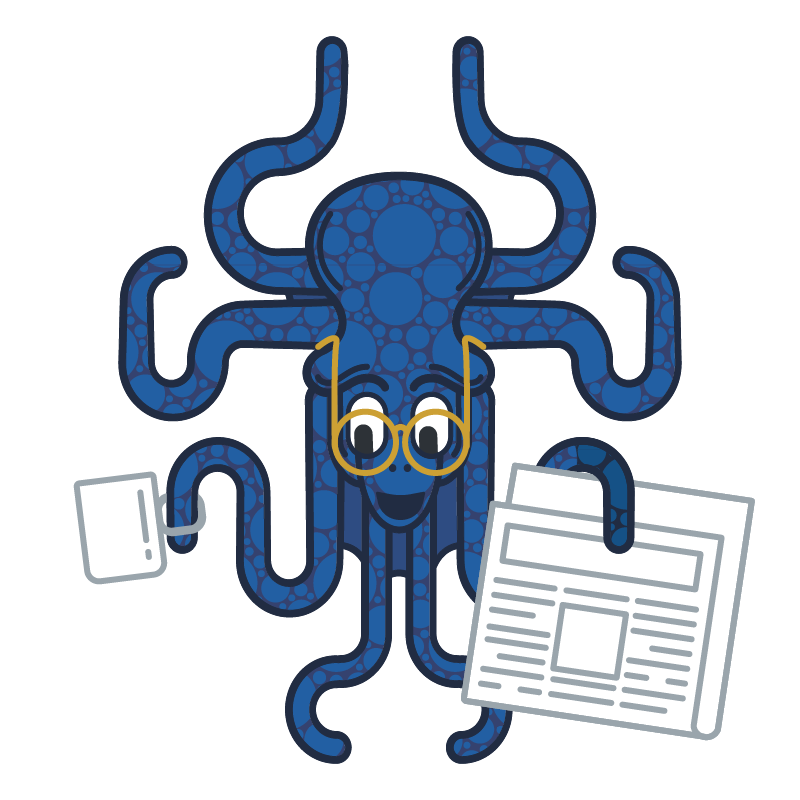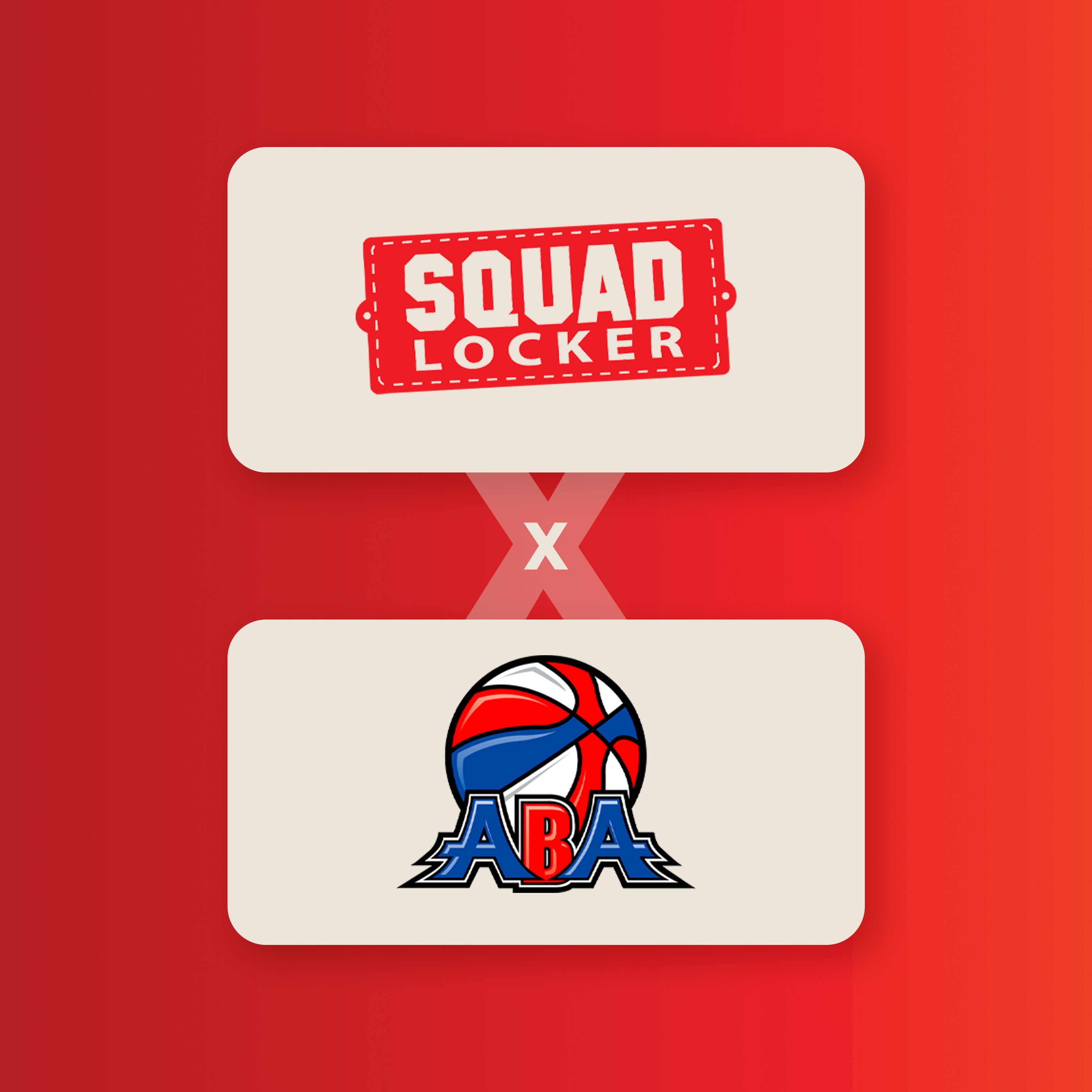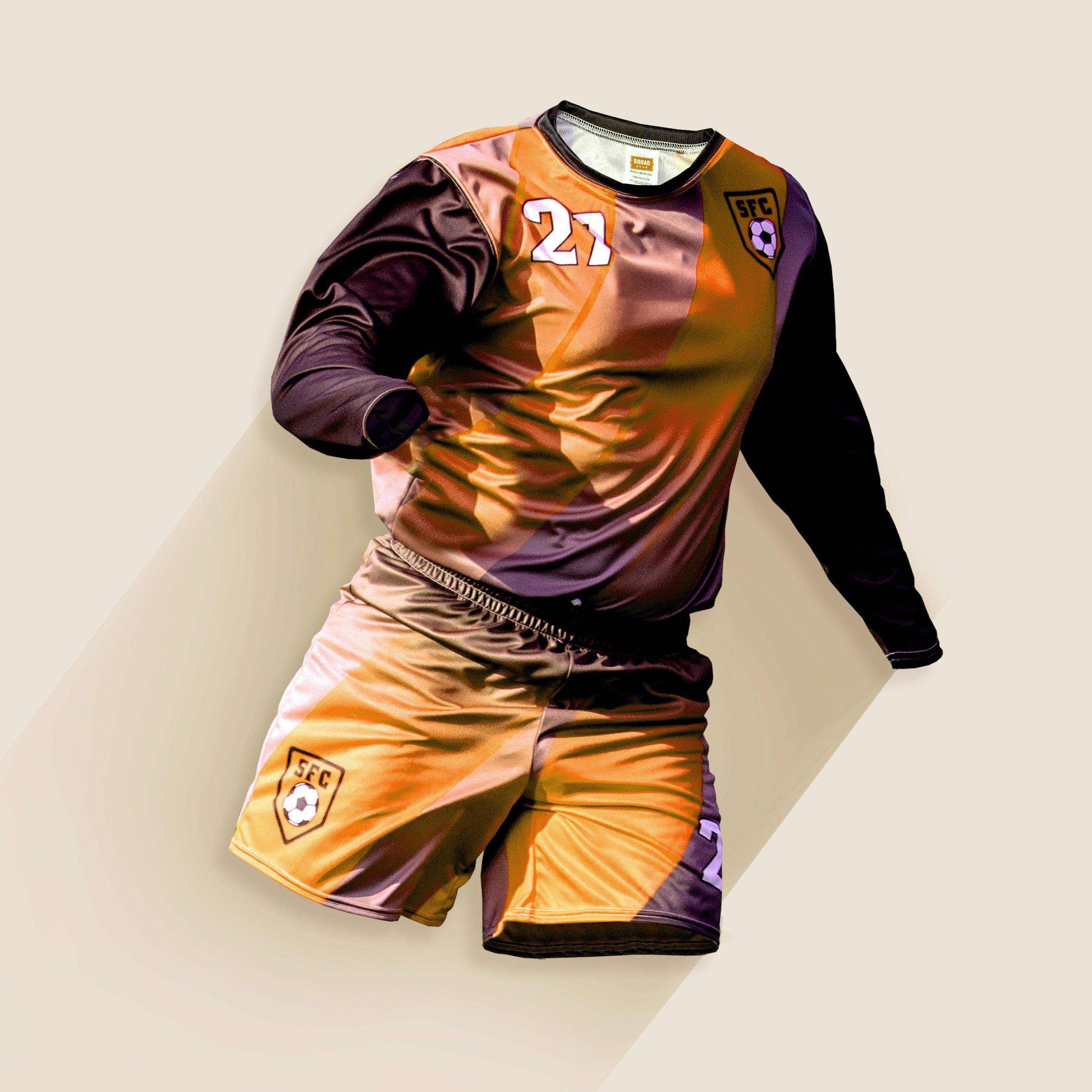Sometimes one of the hardest things for a coach to understand is that different players respond better to different approaches. There are too many personality types on the field for a “one-size-fits-all” coaching style to be effective. A serious mismatch between coaching style and player personality can discourage a player or drive them off the team completely.
By recognizing various common personality types, an adaptive leader can coach to their needs and increase their overall coaching effectiveness.
The Superstar
Anyone that’s participated in team sports knows about this type of player. They look like future pros and excel at virtually anything on the field. The Superstar can have a great deal of natural ability but is mostly the product of hard-work and lots of parental involvement. This makes for an easy type of player to coach, but they can become emotional when things don’t go their way.
It can be easy to focus on helping The Superstar improve because they’re very coach-able and skilled athletes, but remember that your job is to help enrich all of the players, not just the stand-outs.
The Heart
More common than The Superstar are the players we call The Heart. These players give it their all every day of the week and will always strive to excel. This makes The Heart an incredible player to coach—they’re attentive, respectful and hardworking. Unfortunately, these players often lack the abilities of The Superstar and may take longer to catch on to certain things.
Put in extra effort with The Heart. These players truly want to be there and want to play. Take time before or after practices to work with them, or even consider scheduling individual training sessions. Reward their hard work and perseverance by helping them to succeed!
The Hyperactive
Little bundles of energy, the Hyperactive simply can’t sit still and will probably have issues with their attention span, as well. They’re always moving, and while they almost never intend to be disruptive, their inability to be quiet and focused can end up being a distraction for the rest of the team.
You cannot talk a Hyperactive player into calming down. Usually, the best approach is to simply keep them busy. Use them as your helper if you have relatively simple jobs they can accomplish without getting too distracted.
The Introvert
Whether it’s due to a lack of self-confidence, bullying or just being really shy, some players are fundamentally introverted. You can usually spot them quickly because they rarely volunteer for anything and will passively go along with almost anything they’re told.
Obedience is great, but the issue is in properly coaching them and developing their self esteem. Don’t be too tough on an introvert—it may just drive them further inside their mental shell. They tend to thrive in environments that make them feel welcomed and safe. A more reassuring, confidence-building approach is needed here.
The Pressured
This can be the trickiest player to coach because their parents are often the problem. The Pressured are held to unreasonably high standards and are loudly and publicly criticized for minor mistakes. In some cases, they may not even truly want to be on the team at all. They play to please their parents, not themselves.
Try to be a positive adult figure for them. Show interest in their opinions and desires for personal improvement. Look for ways to give them what they want, while also suiting the needs of the team. Rather run track than play football? Make him a wide receiver.
The Hothead
The Hothead lacks emotional control and shows little ability to regulate their own behavior. They will very often “act out” for attention. Depending on the child, this could be harmless behavior or something much more serious, such as angry fits or even physically attacking other players.
Tough discipline and punishment rarely work, particularly if the Hothead has never learned the difference between good and bad attention. The best approach is to minimize the amount of inappropriate antics you let disrupt practice or play—deny them the extra attention. Make sure to reinforce good behavior with compliments and rewards. Coordinate these efforts with parents to ensure that Hotheads are getting all of the help they need.
However, be aware that some Hotheads may simply be too unstable to remain on the team, particularly if they don’t respond to positive reinforcement.
The Bully
Whereas the Hothead seeks attention, The Bully can be actively mean and seek domination. He may frequently get physical with the other players or challenge your coaching authority. Even in the best of cases, he’s usually always the first to volunteer for anything (to keep others from getting to do it) and can be generally obnoxious for the sake of self-aggrandizement.
Bullies are difficult to coach because authoritarianism generally just validates their own behaviors. Discuss and reinforce proper behavior with the Bully—consistency in enforcement of rules is an absolute must. The coach can’t overlook bad behavior intermittently, or it just teaches the Bully to be sneakier.
Like with the Hothead, parental help will go a long way.
SquadLocker can help to bring your team together in a whole new way. Our extensive lineup of customizable gear and sportswear allows your team to be outfitted with pro-quality branded items, while also serving as a great method of fundraising for your team or booster club. Building your own store is quick, easy and free to start! Check it out to see for yourself .
Share this Story


.jpg)







